I am facing a problem related “Cannot find table 0”. Initially I have no idea to find the root problem of this exception. Then I came to know that this problem arose due to the error “Timeout Expired. The timeout period elapsed prior to completion of the operation or the server is not responding”. (i.e) The execution of the Stored procedure in the SQL server 2005 takes time more than 3 seconds (default query timeout is 3 seconds). So I executed the same stored procedure with same parameters in SSMS (SQL Sever Management Studio). But it took only 1 second.
In the middle of time, we run the same source and SQL code in another server (Backup server). But there is no error. (i.e) The whole process (I have a do while loop which loops 40 times , consisting 4 for loops which loops approximately 60 times.Each time it will access 3 stored procedures) took 30 minutes in my system but in backup server only 3 minutes has been taken which means there is no timeout. But all the source are same. So now I came to an end that there is a technical issue involving.
I tried the following things in my source.
• In Asp.net, I added the “SQLCommand Timeout = 0”. But it is a failure.
• I used “SET ArithAbort ON” and “With Recompile”. It is also a failure.
• Then I used “Parameter Sniffing”. (i.e) I used local variables in stored procedures. But all went in a wrong direction.
The Ado.net code for accessing the stored procedure in asp.net is like the following:
Public Function retds1(ByVal SPName As String, ByVal conn As SqlConnection, Optional ByVal ParameterValues() As Object = Nothing) As DataSet
dconn = New SqlConnection(ConfigurationManager.ConnectionStrings("webriskpro").ConnectionString)
Try
sqlcmd = New SqlCommand
ds = New DataSet
If dconn.State = ConnectionState.Open Then dconn.Close()
sqlcmd = New SqlCommand(SPName, dconn)
sqlcmd.CommandType = CommandType.StoredProcedure
sqlcmd.CommandTimeout = 0
dconn.Open()
SqlCommandBuilder.DeriveParameters(sqlcmd)
If Not ParameterValues Is Nothing Then
For i As Integer = 1 To ParameterValues.Length
sqlcmd.Parameters(i).Value = ParameterValues(i - 1)
Next
End If
da = New SqlDataAdapter(sqlcmd)
da.SelectCommand.CommandTimeout = 0
da.Fill(ds)
Catch ex As Exception
send_prj_err2mail(ex, SPName, "")
Finally
dconn.Close()
End Try
Return ds
End Function
The execution plan of the error giving procedure is

Hope you guys understood my problem. Please get me back with some ideas!!